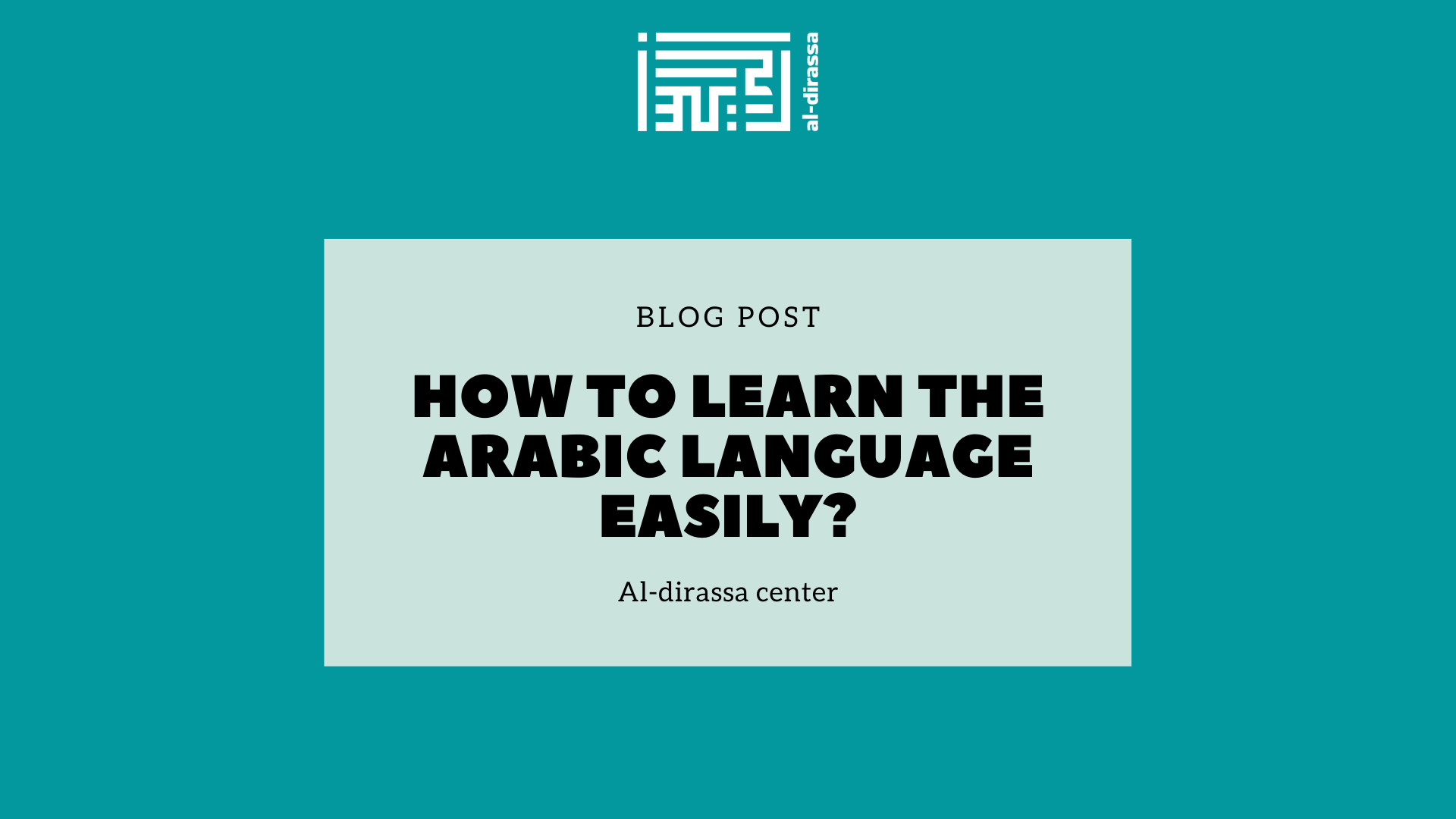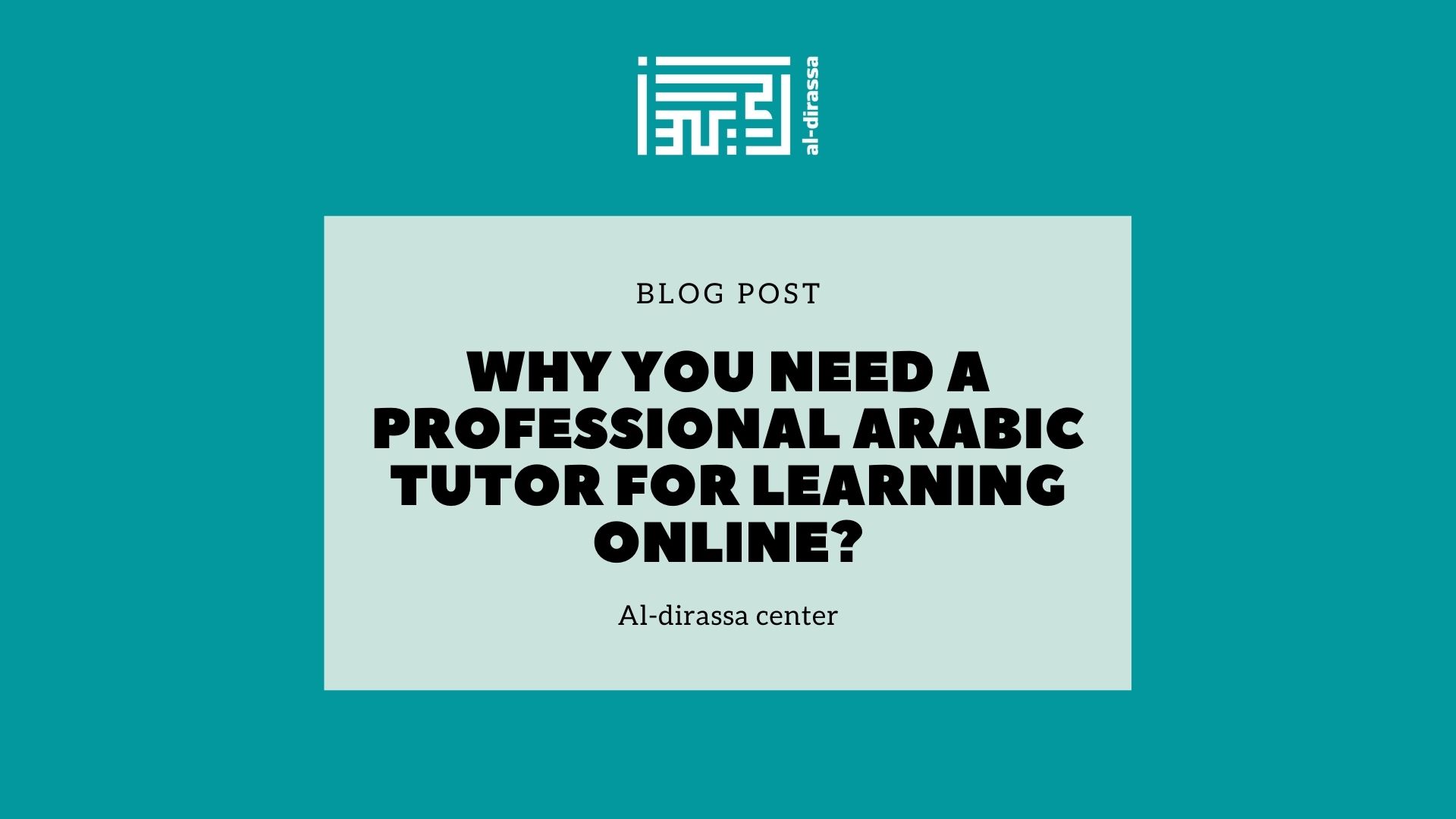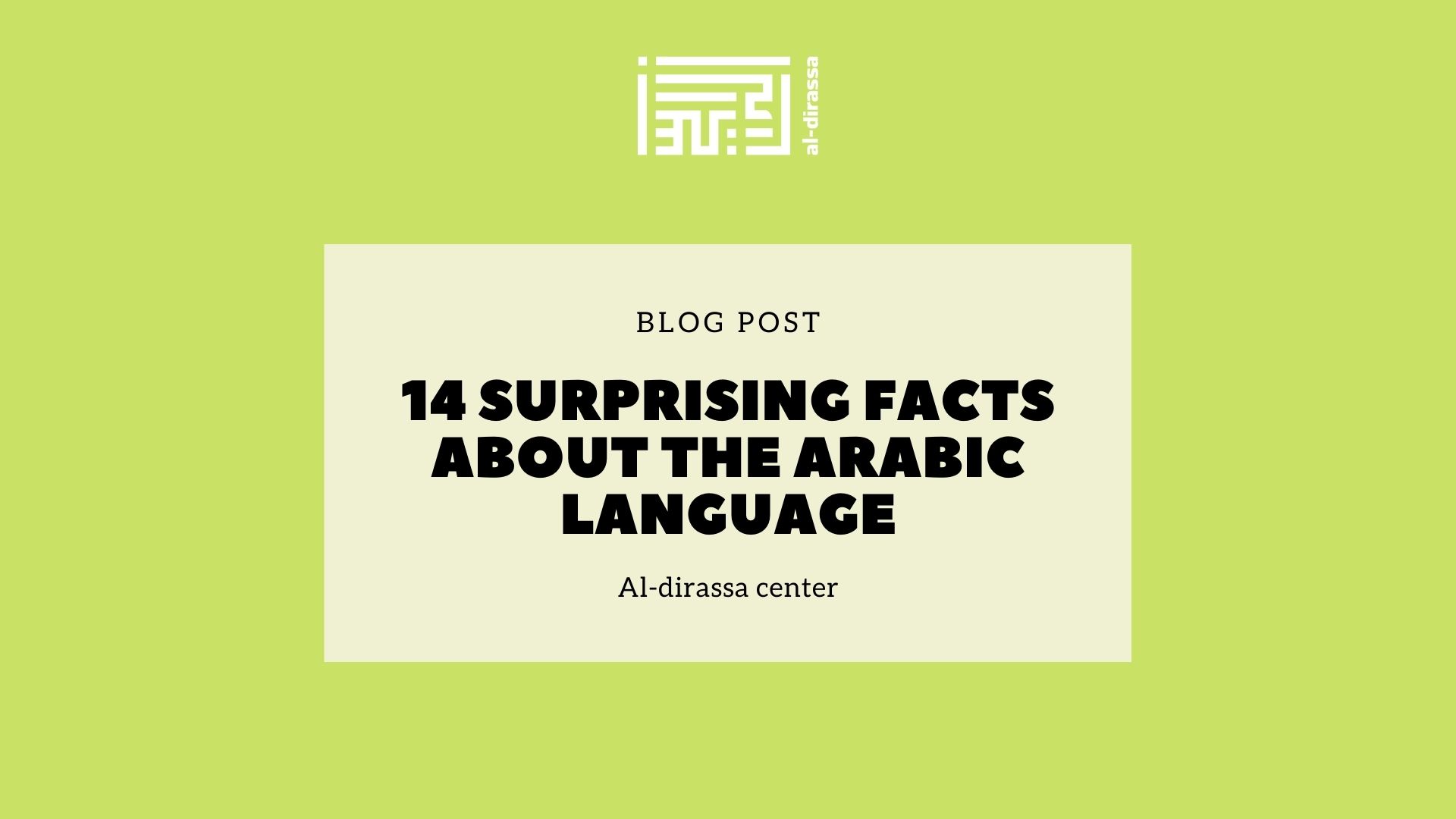Master Arabic Quickly: Top Strategies for Effortless Language Learning

Master Arabic Quickly: Top Strategies for Effortless Language Learning Introduction The beauty and intricacy of the Arabic language have captivated minds for generations. This ancient language, which has evolved and adapted over centuries, offers learners a window into a rich tapestry of history, culture, and tradition. Embarking on the journey of learning Arabic promises not […]
Comparing Literary Arabic and Regional Dialects: A Deep Dive into Linguistic Variations

Comparing Literary Arabic and Regional Dialects: A Deep Dive into Linguistic Variations Languages have always played a pivotal role in shaping civilizations and societies. Through languages, cultures have intermingled, ideologies have evolved, and unique identities have been formed. The Arabic language, with its rich history and deep-rooted cultural connotations, serves as a quintessential example of […]
Maximizing Online Arabic Learning: The Value of a Professional Tutor

Maximizing Online Arabic Learning: The Value of a Professional Tutor The Ultimate Guide to Learning Arabic with Professional Tutors Online Learning Arabic can open doors to new cultural experiences and business opportunities. While self-study has its merits, engaging a professional Arabic tutor can significantly accelerate your learning curve. Let’s explore why. Why Learn Arabic? Arabic […]
14 Eye-Opening Facts You Didn’t Know About the Arabic Language

14 Eye-Opening Facts You Didn’t Know About the Arabic Language 14 Intriguing Facts About the Arabic Language: Dive Deep Into Its Rich History and Influence The Arabic language, an ancient tongue dating back 1,500 years, boasts a rich tapestry of history, influence, and surprising nuances. Explore with us the depths of this fascinating language through […]
The Significance of Learning Arabic for Muslims: Benefits and Importance

The Significance of Learning Arabic for Muslims: Unlocking the Path to Understanding Islam Introduction Arabic, the language of Islam, holds a unique and central position in the religion. Allah the Almighty has chosen Arabic as the medium for His communication, revealing the Noble Quran in this language. Furthermore, it became the language of the last […]

